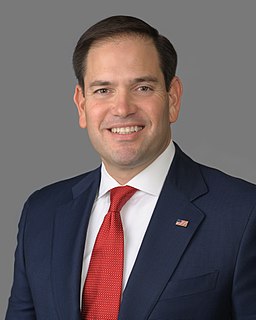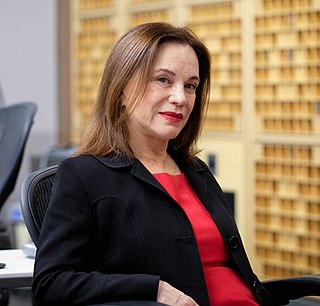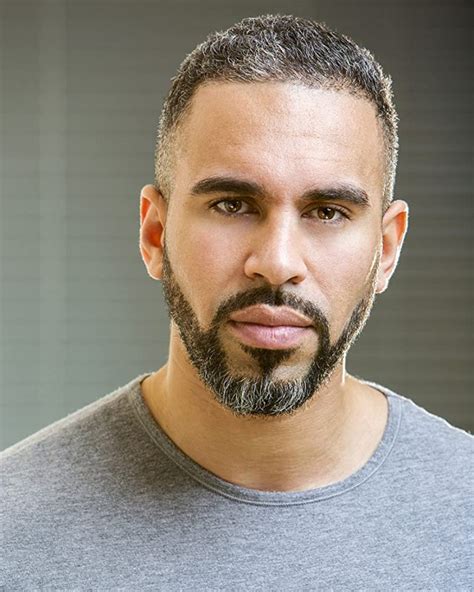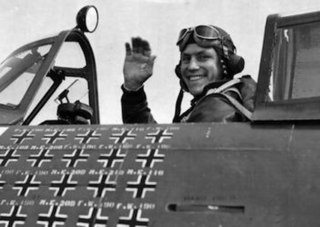A Quote by Catherine Camus
Of course, [Albert Camus] wasn't an existentialist, but he was a committed man. He was a man of combat. It wasn't for nothing that he directed the Resistance journal called Combat.
Quote Topics
Related Quotes
There's an idea called "gray man", in the security business, that I find interesting. They teach people to dress unobtrusively. Chinos instead of combat pants, and if you really need the extra pockets, a better design conceals them. They assume, actually, that the bad guys will shoot all the guys wearing combat pants first, just to be sure.
There are no women in these ground combat jobs.Women, of course, have been flying combat missions in fighter jets, attack helicopters, for more than 20 years, but beginning this week, those ground combat jobs in infantry, artillery and armor will be open to women. Officials don't expect a rush of women interested.
As an actor, it's all about whether you can sell the emotion on your face... that desperation, the panic and rage that comes with combat. The emotion of combat is important to me. I mean, you feel almost sick if you see a real fight where someone is getting badly beaten up. You can get emotionally involved in combat that has nothing to do with you in real-life, let alone if you are actually in it... or it's someone you know, and so you should have those same feelings on film.

























